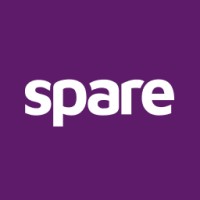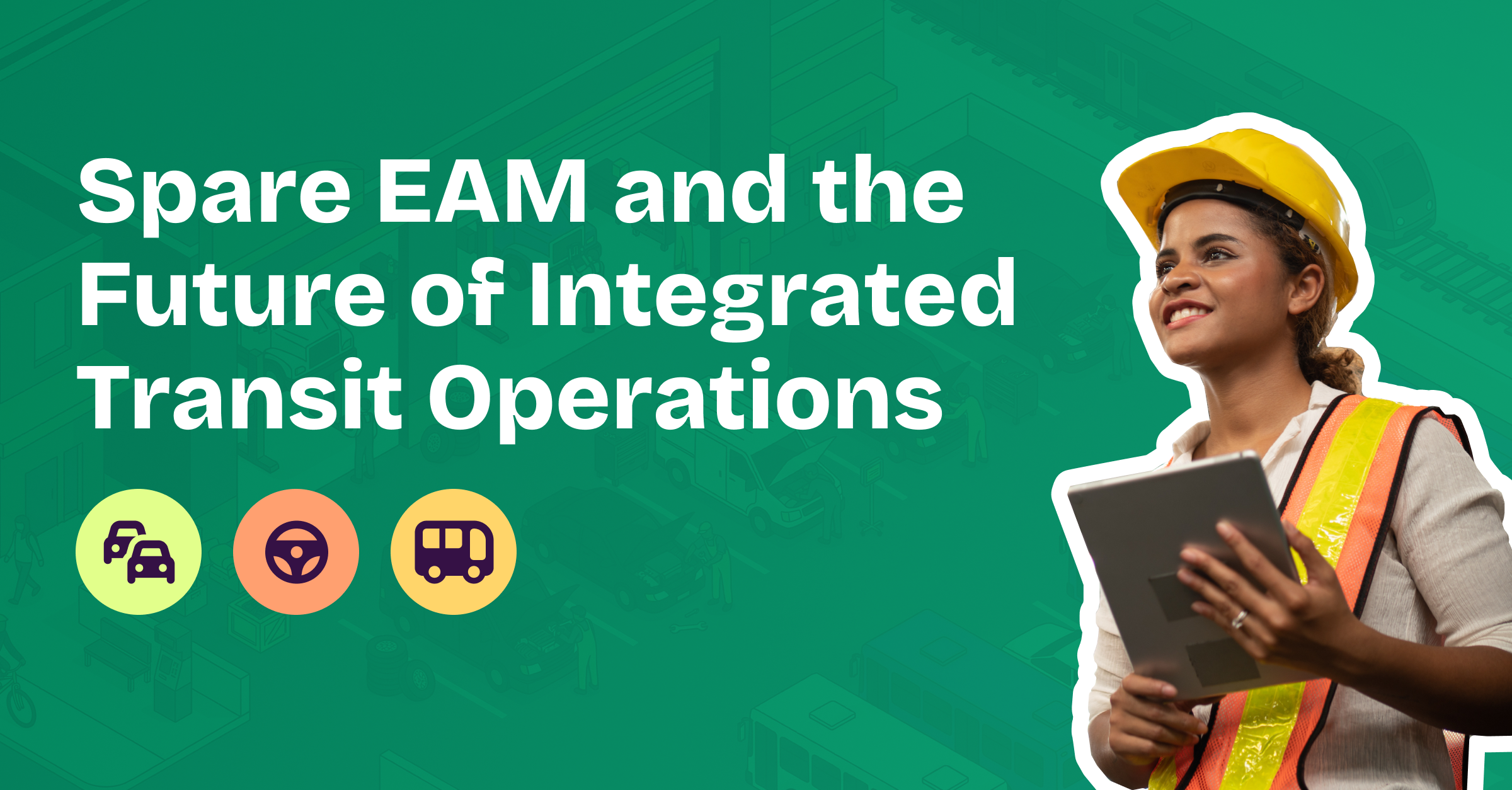Your rider data matters—so does the way we protect it

Why ISO 27001 certification is a big deal for transit agencies
Whether it’s ADA eligibility records, trip data, or rider contact information, your agency handles data that’s both sensitive and essential. And in today’s environment, that makes you a target.
The last thing your team needs is a data breach that undermines public trust—or leads to penalties that impact funding and operations.
That’s why Spare is ISO 27001 certified—the global gold standard for information security. It’s a big deal, and here’s why it matters to you.
What is ISO 27001—and why should you care?
ISO 27001 is more than a security checkbox. It’s an internationally recognized framework for managing and protecting information—designed to reduce risk, prevent breaches, and ensure resilience.
To earn this certification, companies must:
- Identify and address security risks across their entire operation
- Build internal policies and controls to prevent data exposure
- Commit to regular audits and continuous improvement
For transit leaders, that means partnering with Spare gives you:
- A platform that’s trusted to manage personal and operational data securely
- Assurance that we meet the same high bar required in other regulated industries
- Confidence that you’re choosing a vendor that can support compliance with HIPAA, GDPR, SOC 2, and funding requirements
Why it matters:
ISO 27001 is added assurance for your agency. It means your partner meets globally accepted security standards, supports funding-readiness, and reduces risk exposure as you grow.
What Spare’s ISO 27001 certification means for demand responsive transit
If you’re running paratransit or microtransit services, your team handles more than just logistics—you’re responsible for sensitive rider data, eligibility documentation, and operational reporting.
Spare’s ISO 27001 certification means you get a platform built for this reality:
- Stronger protection for rider and agency data: From trip records to eligibility workflows, your data is encrypted, monitored, and secured end-to-end.
- Built-in security, not bolted on: Access controls and audit-ready reporting are part of our core architecture—not add-ons or afterthoughts.
- Support for compliance at every step: We meet the highest standards (SOC 2 Type II, HIPAA, GDPR) so your agency is always prepared for audits and funding reviews.
With Spare, you get a partner that helps you protect what matters—without adding operational complexity.
Stay ready for audits and funding requirements
Security is more than minimizing risk—it’s part of how agencies show they’re ready for what comes next, whether that’s a compliance review or a grant application.
Here are a few programs where strong cybersecurity practices can give you an edge:
- FTA Urbanized Area Formula Program (Section 5307): Requires at least 1% of funds to go toward security projects, which can include cybersecurity.
- Transit Security Grant Program (TSGP): Helps fund security upgrades—including cyber protections—for transit systems, especially in urban areas.
- SMART Grants Program: Backs tech-forward transit projects. Showing that your systems are secure makes your proposal stronger.
- FTA Cybersecurity Assessment Tool (CATT): Not a grant, but using it shows you take security seriously—something funders want to see.
Spare’s ISO 27001 certification, plus our SOC 2 Type II, HIPAA, and GDPR compliance, helps your team stay ready—for audits, applications, and whatever else is coming down the line.
Ready to see how Spare helps keep your data secure?
Whether you're preparing for an audit, applying for funding, or reviewing your vendor risk policies, we're here to help.
Talk to our team → Get a personalized overview of our certifications, internal controls, and how Spare protects rider and agency data.
Subscribe to Spare Insider → Stay informed on transit security best practices, funding trends, and product updates that help your agency stay compliant and confident.

“Once we unified dedicated vehicles and TNCs on a single platform, the experience changed immediately for riders. They could see their trip in real time, understand their fare, and know what to expect. From a staff perspective, it eliminated confusion and allowed us to focus on service instead of troubleshooting.”






.png)
